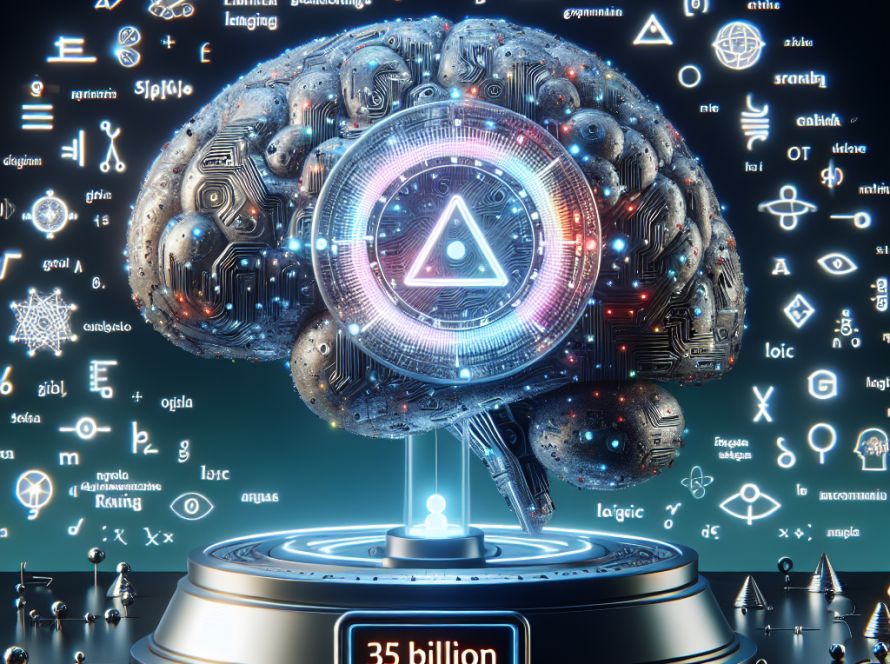Noyb, a European digital rights organization, has filed a lawsuit against artificial intelligence company OpenAI, alleging that its language model, ChatGPT, has a consistent issue of producing inaccurate personal information about individuals. The AI model’s inclination to ‘make up’ information when it lacks a concrete answer to a question has resulted in false details about public figures, such as incorrect birth dates. OpenAI acknowledges this limitation, but admits it cannot rectify the problem, nor can it identify the data source that the model uses in such instances.
These inaccuracies carry potential implications under Europe’s General Data Protection Regulation (GDPR), which mandates that publicly available information about individuals be accurate. Any person has the right to request correction or removal of incorrect data, and to know how and where their information was collected and stored.
However, OpenAI has stated that it cannot comply with these GDPR requirements. The company confirmed it could hypothetically filter requests relating to specific individuals, but this would result in blocking all responses connected to them. OpenAI acknowledges the issue with accurately maintaining facts within its large language models, but it is still grappling with potential solutions.
Noyb’s legal action highlights this fundamental issue within AI systems, stating in its complaint to the Austrian Data Protection Authority that the model’s habit of inventing personal data is unacceptable and that OpenAI’s response to the issue is insufficient. Maartje de Graaf, a data protection lawyer at Noyb, emphasizes that all companies have an obligation to align with access request compliance, suggesting it is feasible to track the training data utilized and at least be familiar with data sources. The potential for legal obligations being bypassed as ‘innovation’ occurs is presented as a considerable issue.
The challenge of AI models, like ChatGPT, generating false information is not confined to OpenAI, and it will persist until AI models develop the capability to express ignorance and their creators improve transparency about training data. This scenario forces European users to choose between the utility of AI tools and their rights under GDPR as it is currently impossible to uphold both. With the lawsuit set in motion, it underscores the ongoing debate about AI, privacy, and the evolving fabric of information accuracy.

